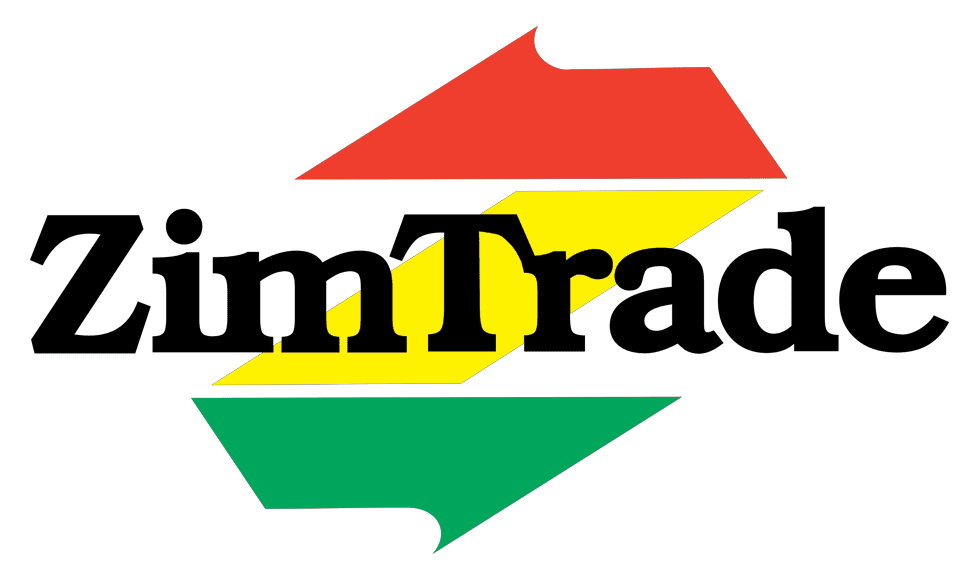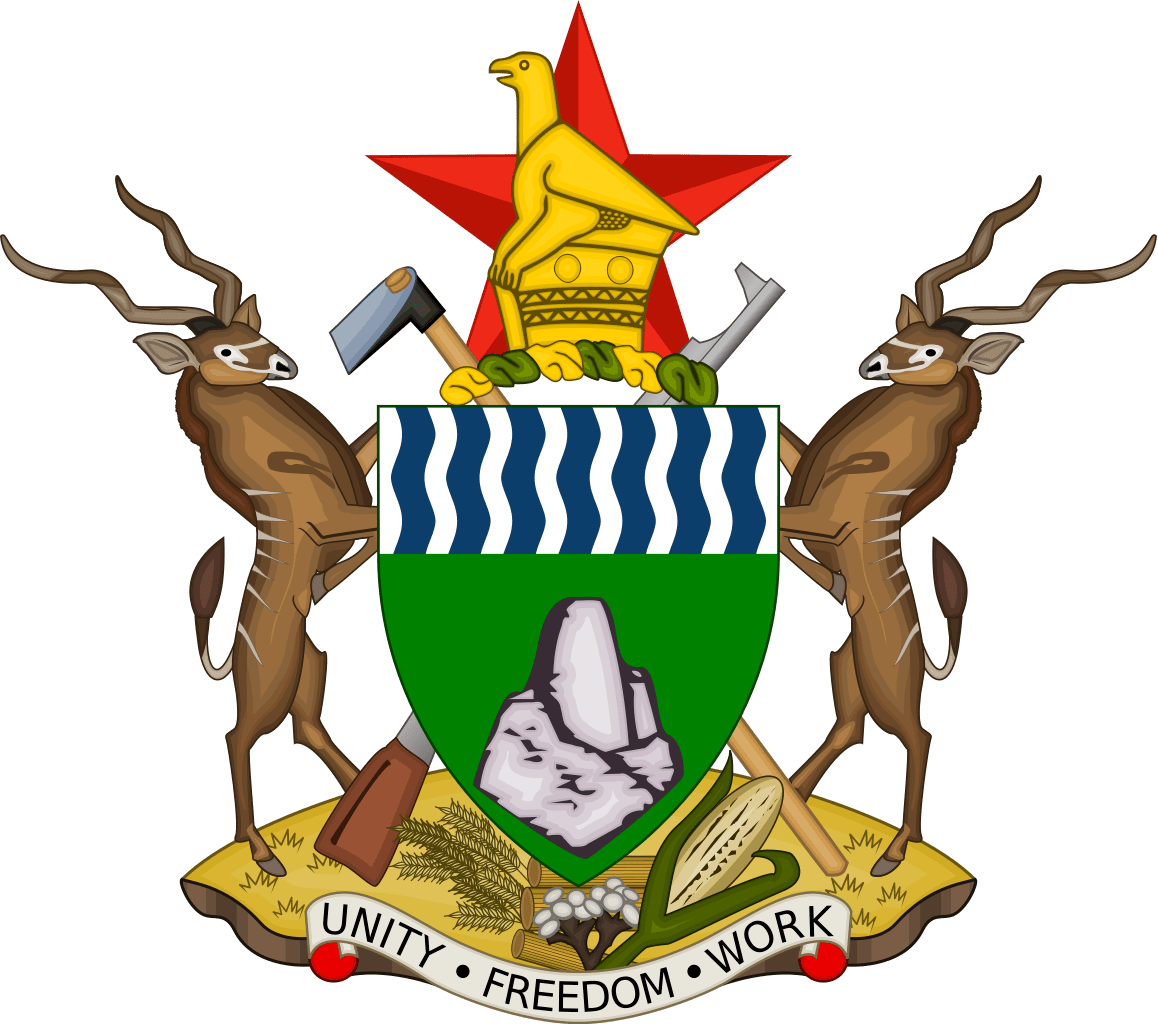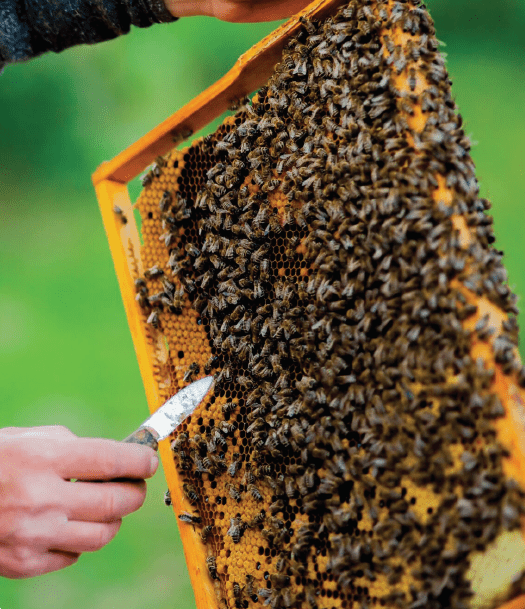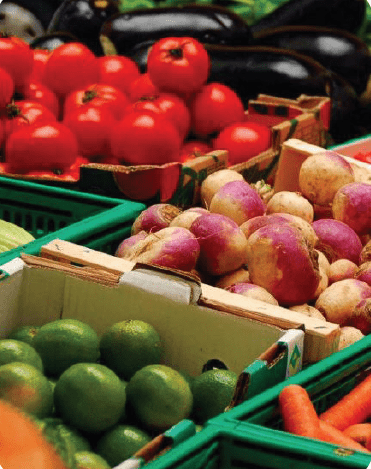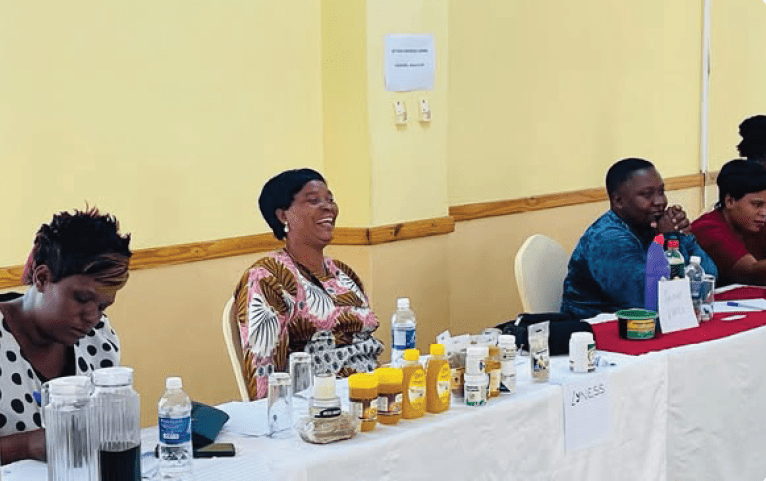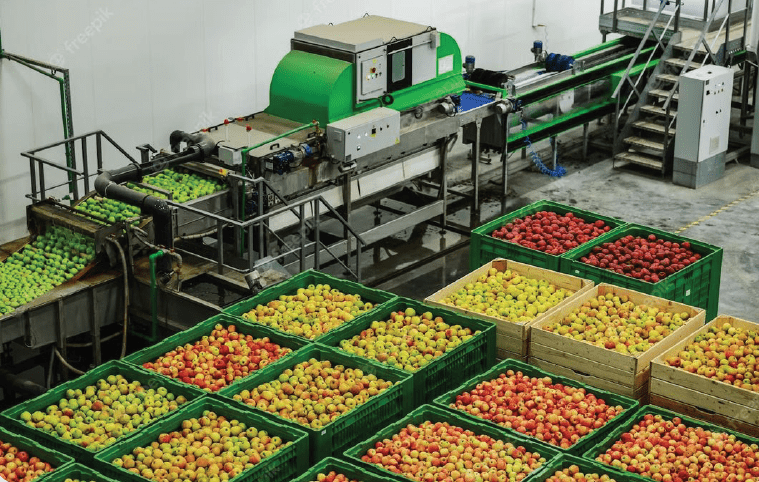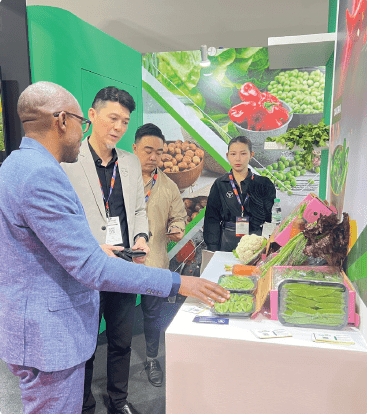By Karen Bvurere
ZIMBABWE’S HONEY production is transitioning from a small-scale venture to a high-potential export industry, driven by global demand for natural, organic products.
To achieve this, ZimTrade and its partners are implementing targeted programs that empower rural producers and ensure their honey meets the stringent quality and ethical standards of lucrative international markets.
The global honey market is experiencing steady growth and key high-value importers include the Europe, Asia, and Middle East.
The growing demand provides a significant opportunity for Zimbabwe to diversify its agricultural exports.
Zimbabwean producers have a unique selling point in their local flora, which allows for niche products like wildflower or indigenous tree honey
Organic production and ethical beekeeping, further enhances appeal to health-conscious consumers.
However, to successfully compete, Zimbabwean honey must adhere to critical international requirements which include Quality Standards such as the Codex Alimentarius, securing high-value certifications like organic (crucial for the EU and US markets) and Fair Trade to enhance marketability and command premium prices and adherence to Phytosanitary Requirements and destination-market labelling important for smooth market entry.
To bridge the gap between local production methods and international requirements, ZimTrade is implementing the ZimBEE Project in collaboration with Expertise France (a part of the French Development Agency Group, AFD).
This project is a multifaceted, designed to boost the competitiveness and export readiness of Zimbabwe’s honey value chain.
The ZimBEE Project specifically targets rural communities, with the core objectives of capacity building, improving standards and quality and gaining market access
The program provides technical assistance aimed at increasing the economic resilience of honey producers, with a strong emphasis on empowering women beekeepers.
The project aims for 455 honey producers across three clusters to adopt sustainable and environmentally friendly beekeeping practices through training and the provision of equipment, including new hives.
Additionally, ZimBee project will establishing a Center of Excellence dedicated to research, studies, and the analysis of honey.
This includes setting up a specialized analytical laboratory to help producers test for purity, moisture content, and the absence of contaminants, ensuring compliance with complex legislative and regulatory frameworks for the EU and Gulf Cooperation Council (GCC) markets.
To improve market access producers and processors will receive a tailored training that will ensure regulatory compliance (like HACCP and third-party organic certification) and linking them to high-value international buyers.
The ZimBee project is anchored on ZimTrade’s broader Cluster Development Programme, which is key to integrating rural communities into the mainstream export business by promoting standardized and aggregated production.
Specific honey clusters, such as the Chikomba Honey cluster and others will be included in the project.
These provincial clusters are key in improving export competitiveness of Zimbabwean products.
Additionally clustering helps small-scale farmers increase production volumes, allowing them to meet the quantity demands of international buyers.
Through the targeted interventions of the ZimBEE Project and the structured support of the cluster development model, ZimTrade is systematically dismantling the barriers to entry, paving the way for Zimbabwean honey to carve out a lucrative niche in the highly competitive global market.
